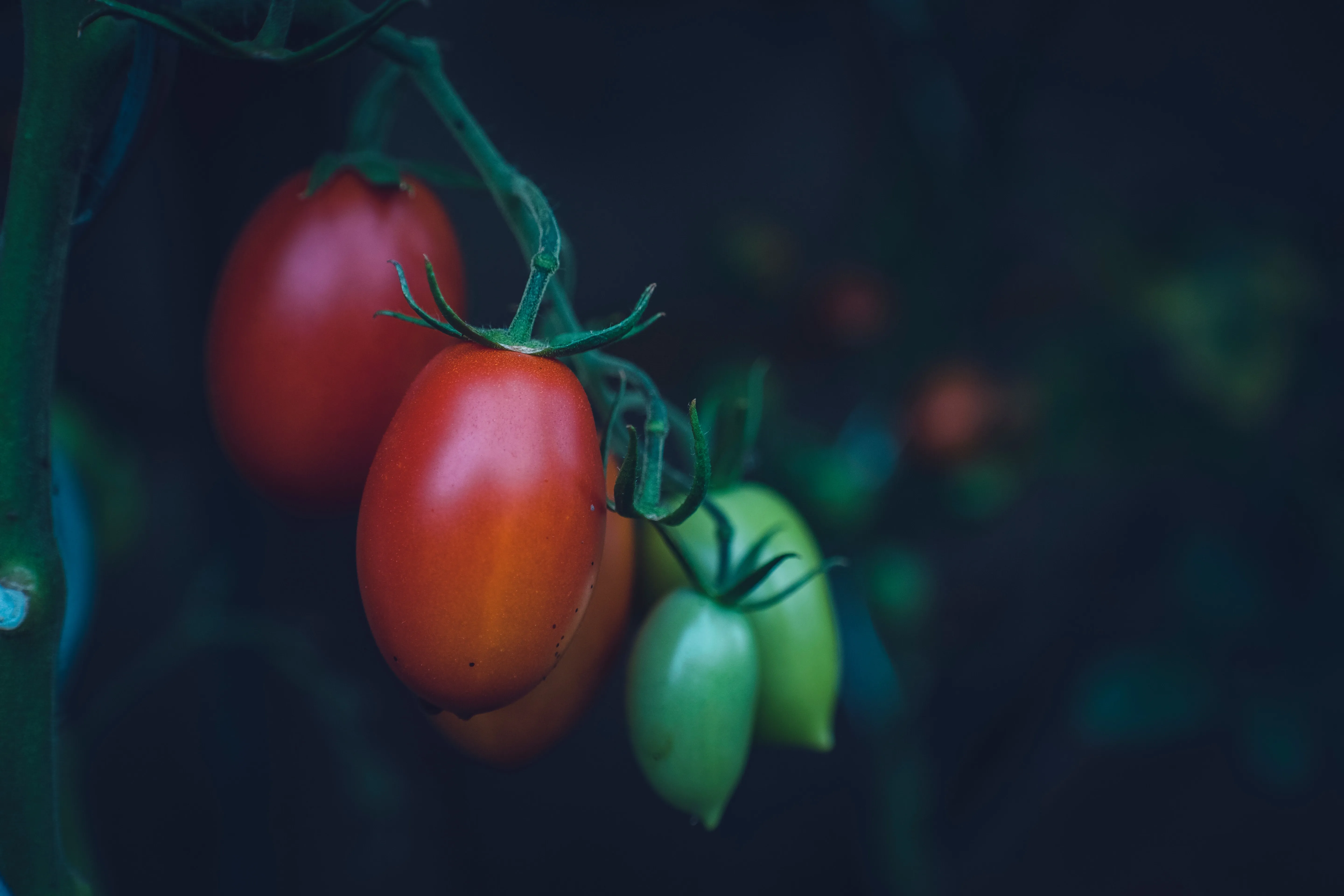How Organic Farming Contributes to Environmental Sustainability
Discover the vital role of organic farming in promoting environmental sustainability with Vriksha Farms. This insightful post explores how sustainable agricultural practices near Bangalore contribute to biodiversity, soil health, and reduced chemical use. Learn about the positive impacts of organic farming on the ecosystem and how it supports a greener future. Embrace eco-friendly farming techniques with us and contribute to a healthier planet.

Introduction
The global movement towards environmental sustainability has found a strong ally in organic farming. Vriksha Farms, committed to responsible agroforestry, recognizes the crucial role organic farming plays in promoting a healthier planet. This blog post explores how organic farming contributes to environmental sustainability, aligning with the growing demand for eco-friendly agricultural practices.
Preserving Natural Ecosystems
Biodiversity
Organic farming supports biodiversity by providing a variety of habitats for different species. The absence of synthetic pesticides and fertilizers creates a safer environment for insects, birds, and other wildlife, enhancing the ecological balance.
Soil Conservation
Organic practices focus on maintaining soil health through natural fertilizers, composting, and minimal tillage. This approach prevents soil erosion, maintains soil fertility, and supports the growth of beneficial microorganisms.
Reducing Environmental Pollutants
No Harmful Chemicals
One of the core principles of organic farming is the exclusion of synthetic chemicals in pest control and fertilization. This reduces the levels of harmful pollutants in the environment, protecting water sources and reducing the risk of chemical runoff.
Lower Greenhouse Gas Emissions
Organic farming typically produces lower greenhouse gas emissions compared to conventional farming. By relying on natural processes and reducing the dependence on chemical inputs, organic farms contribute to mitigating climate change.
Sustainable Water Use
Efficient Water Management
Organic farming practices often include more efficient water management strategies. Techniques like drip irrigation and rainwater harvesting ensure that water is used sustainably, minimizing waste and conserving this vital resource.
Supporting Local and Global Ecosystems
Local Benefits
Organic farming benefits local ecosystems by reducing pollution and conserving water. It also supports local economies by providing healthier produce and promoting sustainable agricultural practices.
Global Impact
On a global scale, the cumulative impact of organic farming can significantly contribute to environmental sustainability. By reducing pollutants and conserving natural resources, organic farms play a vital role in global environmental conservation efforts.
Conclusion
Organic farming is more than just a method of food production; it's a commitment to environmental stewardship and sustainability. By supporting organic farming, consumers and investors contribute to a healthier planet and a sustainable future. Vriksha Farms embodies this philosophy, offering opportunities to invest in managed farmland that prioritizes sustainable living and responsible farming practices
